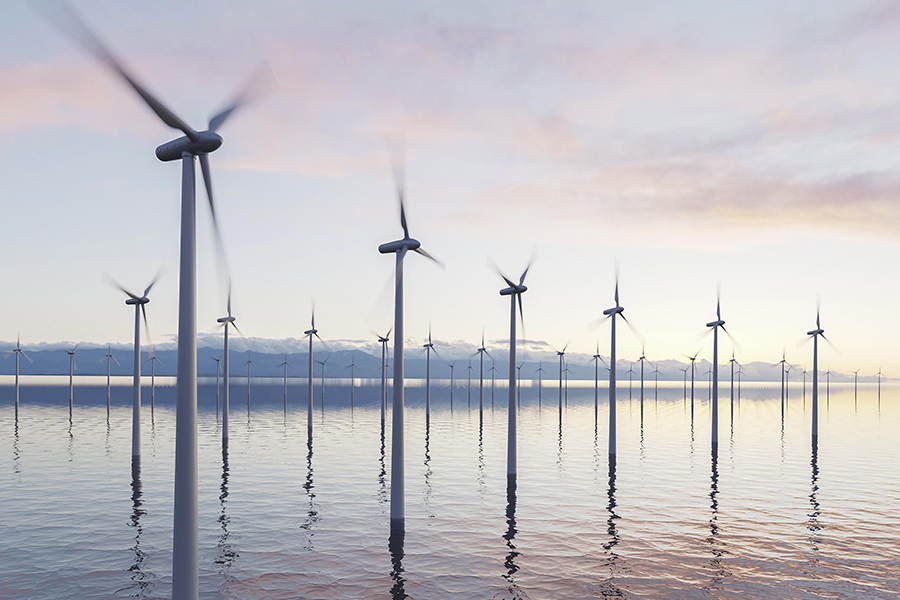The need for global action to limit the impact of the climate crisis is one of the few things nearly all countries can agree on. Climate respects no borders and is above politics. We have no economy without a healthy ecosystem.
When Washington DC politics got in the way in 2017, more than 400 mayors across the United States, across the political divide, decided to fill the leadership vacuum and pledged to stand behind America’s commitment to keep the goals of the Paris Climate Accord alive.
Many U.S. cities, states, and business leaders decided that despite the White House position to deny the climate crisis, they still had the power to take the lead in their own backyards. Climate Mayors, now a network of more than 750 bipartisan mayors across the U.S., have committed themselves to take meaningful action by promoting electric vehicles across their fleets.
An online procurement portal allows municipalities to bid on electric vehicles and accompanying charging infrastructure, and gives access to innovative financing options, policy guidance, and expert resources. Realizing the usefulness of this information in planning their own electric fleets, the mayors of four Chinese cities have become Climate Mayors, too.
The mayors joined forces with the national nonprofit Electrification Coalition to launch the Climate Mayors EV Purchasing Collaborative, which leverages their collective buying power and accelerates the conversion of municipal fleets to electric. Their actions have sent a powerful signal to the global car market and helped America maintain its commitment to the Paris Climate Agreement.
Driven by initiatives such as America’s Pledge, the Climate Mayors are part of a more extensive network of civil structures, businesses, and universities that have decided not to wait for federal leadership on issues they feel passionate about. America’s Pledge was founded in 2017 by former New York Mayor Michael Bloomberg and California Governor Jerry Brown, who wanted to compound the actions of non-national players in driving down greenhouse gas emissions. Sometimes, significant actions can come from smaller political players, especially when they decide to put their party colors aside for something bigger than themselves.
Shortly after the Trump Administration rejected the Paris Climate Accord, Bloomberg decided he didn’t need federal approval to address a global issue. In a letter to United Nations Secretary-general António Guterres, he wrote:
“The bulk of the decisions which drive U.S. climate action in the aggregate are made by cities, states, businesses, and civil society. The federal role, ideally, is to coordinate and support those efforts. In the absence of a supportive federal coordinating role, these actors will more closely coordinate their own decarbonization actions. Collectively, they will redouble their efforts to ensure that the U.S. achieves the carbon emissions reductions it pledged under the Paris Agreement.”
In December 2018 the U.S. sold its one-millionth electric car (more than 4 million have been sold globally). It marked a significant milestone because it shows that mobility is on the brink of a major transition to an electric future. Four hundred Republican and Democrat mayors already know this. Now, they’re just waiting for everyone else in government to catch up.






